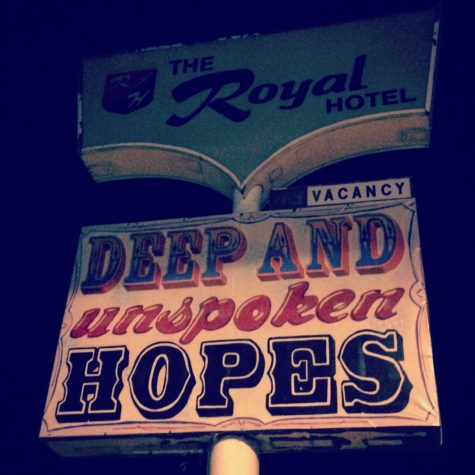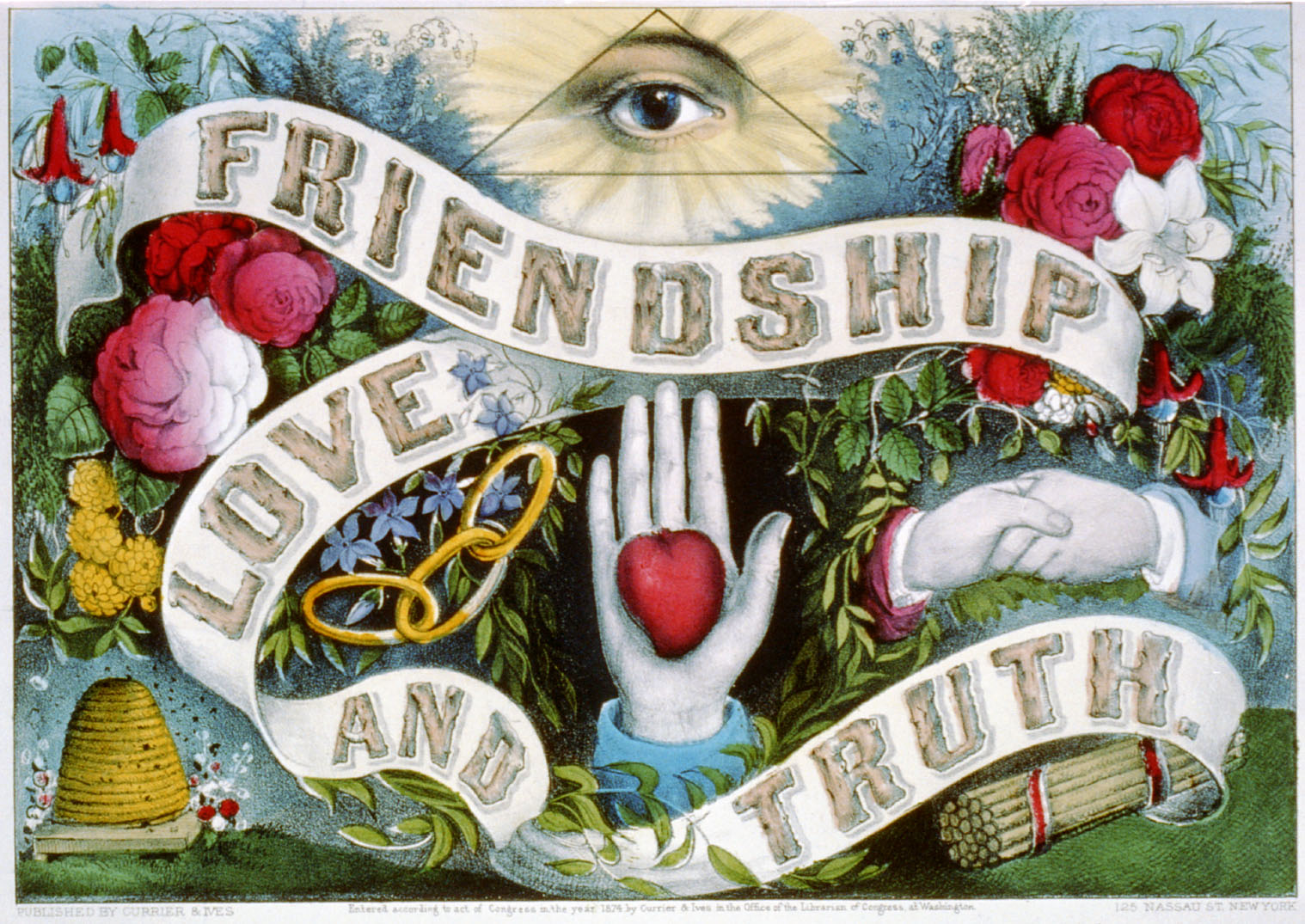In 2015, I wrote a post ostensibly about a funny-looking seabird called the booby. It’s about evolution and biology I suppose but in truth, it’s really about the forces of nature that drive at least some of our actions. And how those forces aren’t always good.

In my last post I made the case for why we are not, in fact, slaves to nature and our genes. Today allow me to do the opposite.
First let me set the stage. You are on a tiny island – maybe the size of a few city blocks – looking out to sea. You could almost see the west coast of Mexico from the rocky shores, were it just a few miles closer. The only people here are a few fishermen and the occasional Mexican navy boat passing by. But you are not alone, not by a long shot.
Around you are thousands of terns, frigate birds, and every seabird you can imagine. It’s a cacophony of posturing, bickering, and breeding. Life, death, and the struggle for survival, laid bare for all to see. And at the center of it all are the boobies. No, not that kind of booby (Jesus, people, what kind of a blog do you think this is?), the ones with blue feet and freakishly long wings.
A few months ago, I published a story for Hakai magazine about a researcher in Mexico named Hugh Drummond, who has dedicated his entire life to studying booby behavior. Normally, the angle for such a story would be a sloppy version of “hey, look at this crazy guy who studies this crazy thing that will never be of use to anyone!” But that wasn’t my angle because it’s not true.
In fact, Drummond’s work is some of the most profound and enlightening science I have ever come across. And in this post I’ll attempt to show you a glimpse of why that is. Continue reading →




 October 31 – November 4, 2016
October 31 – November 4, 2016

